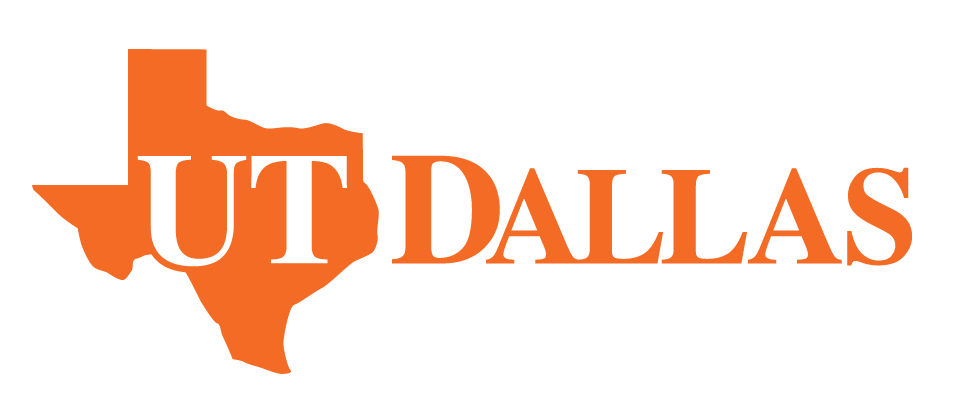
I've always considered Academics my Core foundation to become a great engineer. Throughout my education I've placed an emphasis on learning the underlying principles and understanding the concepts deeply. As a result of this I've maintained perfect GPA leading into my Senior year of BS, and first year of MS. I'm currently on track to graduate May 2026 with a Computer Science Joint BS/MS specializing in Data Science with electives in AI/ML, Real time systems, OOP, Parallel Processing, and Distributed Systems. GPA: 4.00 Transcript Link Degree Audit: Audit Link
In the future I would like to become a Principal Engineer, and solve hard and challenging engineering problems.
Important Non CS courses I've taken
Thea 2372 Improv: This course has helped me open up socially and helped me overcome my public speaking fear as I had to perform every class in front of my peers and eventually in front of 100s of people in the UTD Theatre as a part of our Improv Showcase. This class also made me more creative and start thinking out of the box.
ENTP 3301 Innovation & Entrepreneurship and MKT 3300 Marketing: These classes have helped me understand the big picture of how businesses operate and how consumers think. Whenever I have a new problem I start thinking from the perspective of a consumer and also of a business and ends up making me more open minded to different ideas and solutions. This also leads me to think about how to solve problems from their perspectives and helps me architect better solutions and understand the "why?" of whatever I'm working on.
Important CS courses I've taken
CS 3377 Systems Programming Unix & Other: I've learned about how to use shell, command line editors, various IPC methods, and multi threaded programming in C. I've written projects utilizing multi threading, Sockets, shell scripting, hashing, Pipes, written my own shell, and other C programs. Check out all C projects on Github
here
CS 4337 Programming Paradigms and CS 2340 Computer architecture: I've learned about functional programming, logic programming, Assembly programming, a deep dive into syntax, semantics and compilers of programming languages, Language-based security and definition structures(binding, scoping, data types, control structures, parameter passing, abstraction mechanism, and run-time considerations), and Computer Architecture(Von-Neuman, memory hierarchy, and more).
CS 4384 Automata Theory, CS 3305 Discrete Math II, and CS 2305 Discrete Math I: I've learned about various proof methods, and also a lot about theoretical computer science and problem solving. A review of the abstract notions encountered in machine computation. Deterministic and nondeterministic finite automata; regular expressions, regular sets, context-free grammars, pushdown automata, context-free languages. Selected topics from Turing Machines and undecidability. Advanced counting methods; recurrence relations, divide and conquer algorithms, principle of inclusion and exclusion. Partial orders and lattices, Algorithmic complexity. Graph theory. Strings and languages. Number theory. Elements of modern algebra. Principles of counting. Boolean operations. Logic and proof methods. Recurrence relations. Sets, relations, functions. Elementary graph theory.
CS 3345 Data Structures & Algoritms and CS 2336 Computer Science II: I've learned and build many different types of Data Structures and implemented many different Algorithms. Analysis of algorithms including time complexity and Big-O notation. Analysis of stacks, queues, and trees, including B-trees. Heaps, hashing, advanced sorting techniques, Disjoint sets, graphs and recursion.
